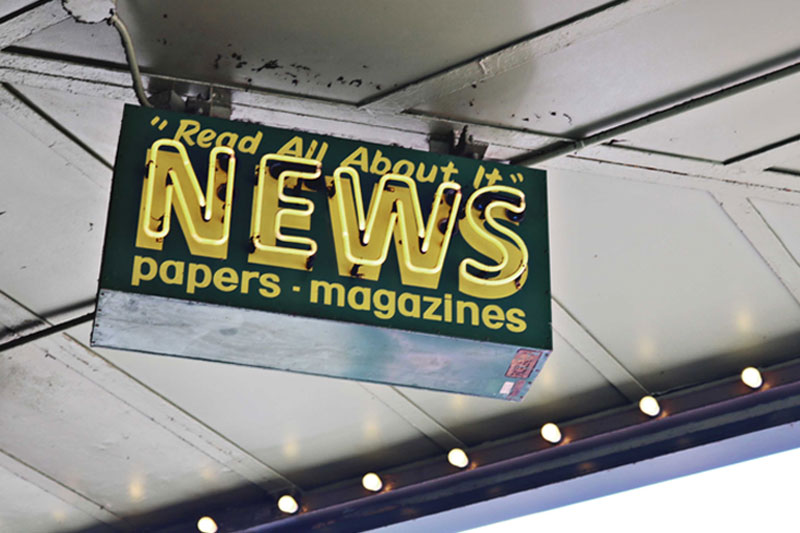
I joined a spirited discussion several days ago on Clubhouse, the social-media app offering virtual voice chat rooms for groups. The conversation was about what yachting would look like come 2050, who the clients would be, and how we as the industry should start thinking about marketing to them. When the conversation turned to getting media coverage, I heard a familiar refrain. The speakers focused on yachting media. That’s when I jumped in, pointing out that our industry as a whole rarely reaches out beyond the usual suspects—and it’s a lost opportunity. I additionally explained that just sending press releases won’t do the trick. In fact, there’s a skill to crafting the right message for the media. Here’s what I shared.
- Start in your own backyard. All too often, companies seeking coverage forget about their own local newspapers, radio stations, etc. Considering you employ people from the community, and you yourself are from the community, you’re the ultimate profile, even feel-good story, for them. Contact the editors and either invite them to your location for a tour or suggest meeting at their office to facilitate the fact-gathering process.
- Educate yourself. Say, for example, six media outlets are in your region or cover your niche. Just because they’re all media or focus on your industry doesn’t mean they all cover the same things. One might be a b-to-b magazine, while another might be b-to-c. This is why crafting the right message for the media is so important! Take the time before you pick up the phone or send an email to find out. Tip: Start by clicking the About Us tab on their website. Then, read through a few articles or watch a few news reports to better understand their approach. Furthermore, is their “voice” authoritative or conversational? Is it educational or aspirational? Tailor your message accordingly.
- If there’s no momentum, move on. When I gently chastised our industry on Clubhouse for solely focusing on yachting media, one person countered that many mainstream media would rather publish myopic, sensationalized stories and scandals. He added that he had invited several newspaper and magazine editors to his shipyard, only to find it didn’t make a difference. My answer to that was simple: Ignore the ones who go for the click bait and instead seek out others. This goes back to point #2, educating yourself about their approach to coverage.
Crafting the right message for the media takes time. But it’s well worth the effort when you’re the subject of a story that would otherwise not appear. And chances are you’ll cultivate relationships for the future.
